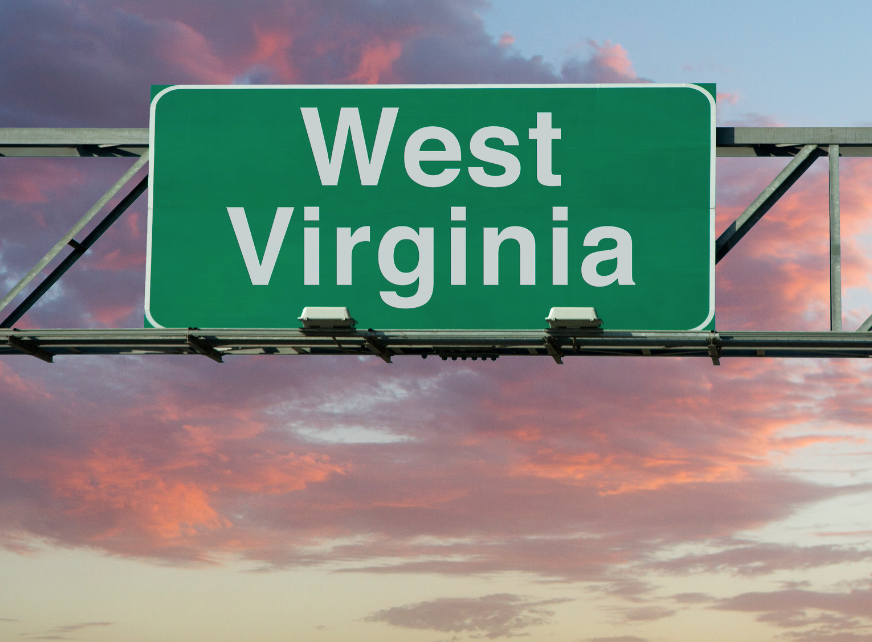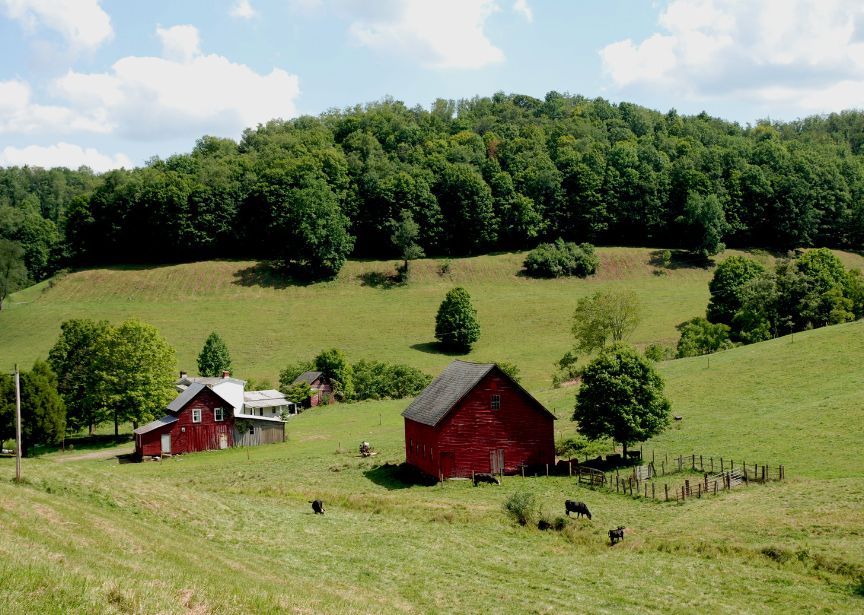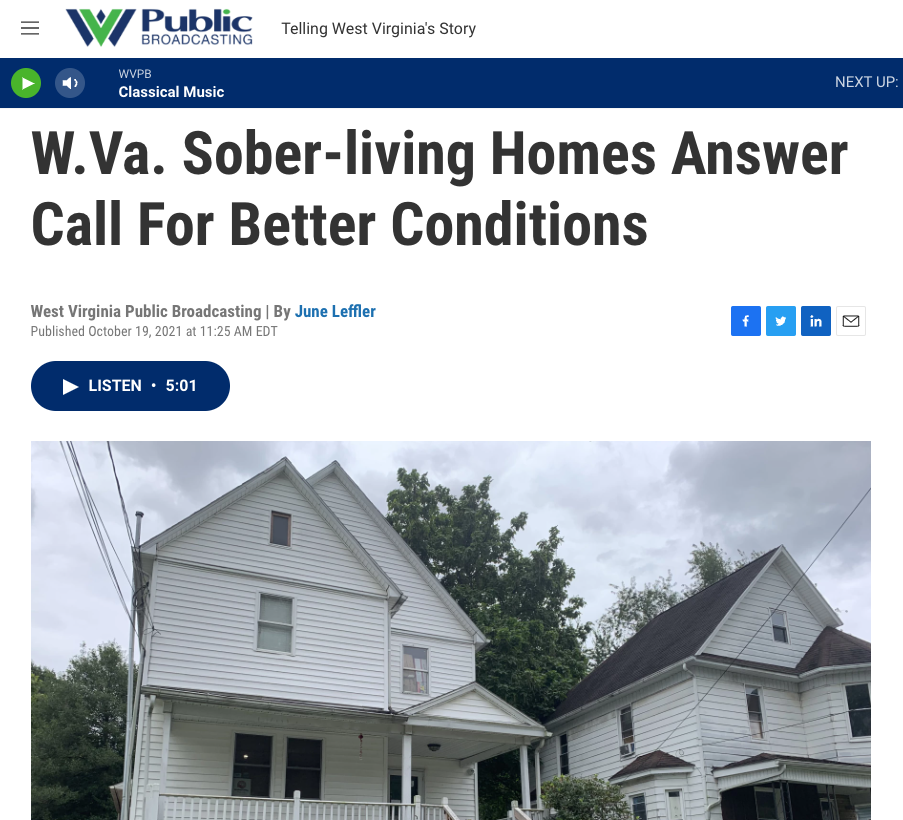Are sober living homes in West Virginia regulated by the state?
Yes and no.
Sober living homes that receive money and/or referrals from the state must be certified. If you want to operate a sober living home that does not accept public funding and does not rely on referrals from state workers of any kind, then you are not required to seek certification. In this way, certification in West Virginia is considered voluntary.
Certification is not optional for other behavioral health facilities in the state. For example, addiction treatment centers in West Virginia are required to be certified by the Office of Health and Facility Licensure and Certification.
What organization is responsible for sober living home certification in West Virginia?
The West Virginia Alliance of Recovery Residences, also known as WVARR, works with the state to complete the certification process, review complaints and conduct inspections of sober living homes.
The state of West Virginia has also opened a hotline for citizen complaints against sober living homes, regardless of certification status. This hotline is operated by the Department of Health and Human Resources. The number for this hotline is: 1-800-642-8589.
How many sober living homes are there in West Virginia?
In one article, WVARR Executive Director Emily Birckhead stated that there are roughly 233 sober living homes in West Virginia.
That said, there is no registration requirement for sober living homes in West Virginia, and, as such, there is no official data on the number of homes nor the location of homes in the state.
What is the demand like for sober living in West Virginia? Are there enough recovery residence beds in the state to meet the existing demand?
According to one study, Wood County, West Virginia has over 100 more treatment beds than “residential beds,” or sober living home placements, available. It’s not uncommon to see waitlists that are 20 to 30 names long.
Do sober living homes that are not WVARR certified in West Virginia still receive state referrals despite laws restricting this practice?
According to one report, the answer is yes. WSAZ investigative reporters discovered that some sober living homes continue to receive referrals from state agencies, like parole boards, despite not having completed the WVARR certification process.
The issue is one of too high demand and too little supply. Certified or uncertified, there is a shortage of sober living homes in the state. When legislation was passed restricting state referrals to certified homes, state workers did not have a long enough list to meet their clients’ needs. Drug courts, probation officers and social workers frequently turn to un-certified homes, despite the restrictions, simply because they want to provide a housing option of some kind to their caseload.
How are sober living homes received in West Virginia? Is NIMBYism a problem in the state?
By and large, the reception of sober living homes in West Virginia is not very warm.
Here’s a sampling of NIMBY responses to proposed and existing sober living housing in the state:
Parkersburg City Council passed a measure in June 2021 putting a “temporary moratorium” on new sober living homes, as well as new treatment centers. Since then, they’ve also passed more permanent legislation aimed at curtailing behavioral health facilities, including sober living homes, within city limits.
In Huntington, West Virginia, the city is suing one sober living home operator for failing to comply with the city’s rental registry requirements. In the suit, mention is made of “occasional complaints,” as well as a dissatisfaction with the residences’ WVARR status. To be fair, this particular operator has been host to several fire incidents in the city.
One proposed sober living home in Fries, West Virginia faced immediate community pushback, encountering such concerns as historical preservation, impact on tourism, increased crime, proximity to schools, and so on.
Is fraud, waste and/or abuse an issue at West Virginia sober living homes?
There are many very high quality, high integrity sober living homes in West Virginia. However, there does seem to be an indication that there are a number of bad actors in West Virginia who are taking advantage of those with SUD for profit, unfortunately.
Because of so many recent complaints in the community regarding the sober living community, US Attorney Will Thompson at the US Attorney’s Office of the Southern District of West Virginia created a task force in 2022 specifically designed to investigate addiction treatment programs and sober living homes in the state. Health care fraud - or the practice of fraudulently accepting insurance money - is the main concern of this task force. The task force will focus on inter-agency sharing of information as it pertains to the misuse of Medicare and Medicaid dollars, as well as dishonest diversion of public health funding within the behavioral health industry in general. Human trafficking under the guise of sober living is also a key task force concern.
Links of Interest to the West Virginia Sober Living Home Community
How to Open an Addiction Treatment Center in West Virginia
Treatment Facilities in West Virginia - Behave Health | Bridge
What Addiction Treatment CPT Codes Require Pre-Certification at Highmark, Inc.? (Highmark Inc is a key insurance payer in West Virginia)
Considering Opening a West Virginia Sober Living Residence? We Help Sober Living Succeed.
Sober Living App makes it easier - and more profitable - to operate sober living homes.
Our all-in-one app handles rent collection, admissions, property management, residents’ care coordination, community contacts, transportation details, calendars, staff, alumni and more - all from the convenience of your phone.
Claim your free trial today and see why more sober living homes prefer the Sober Living App.






